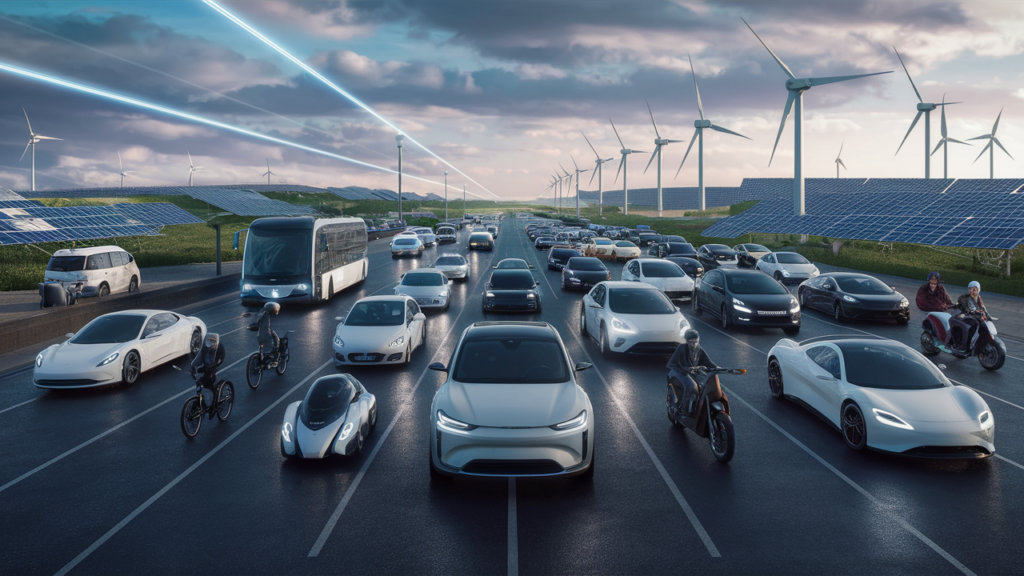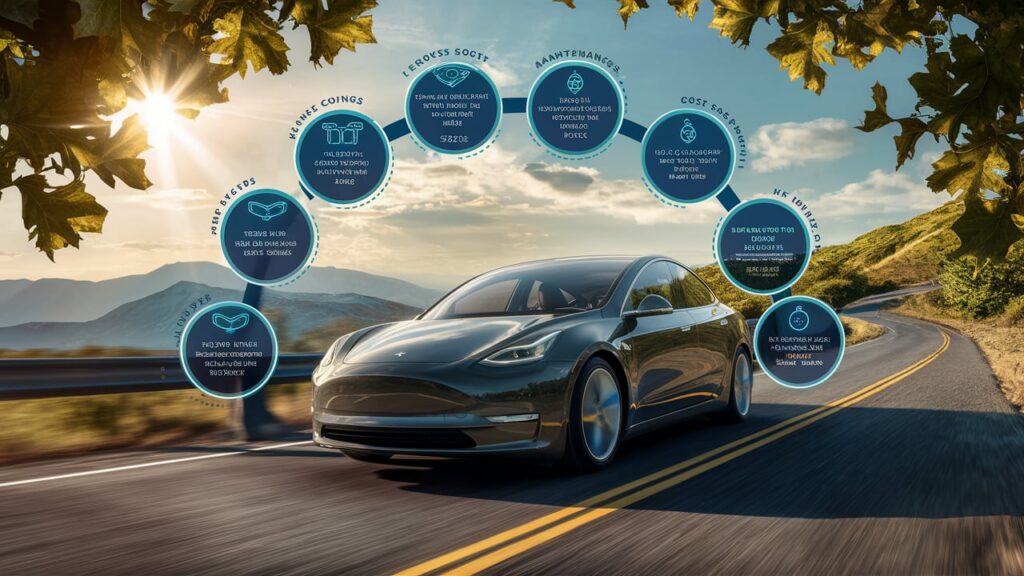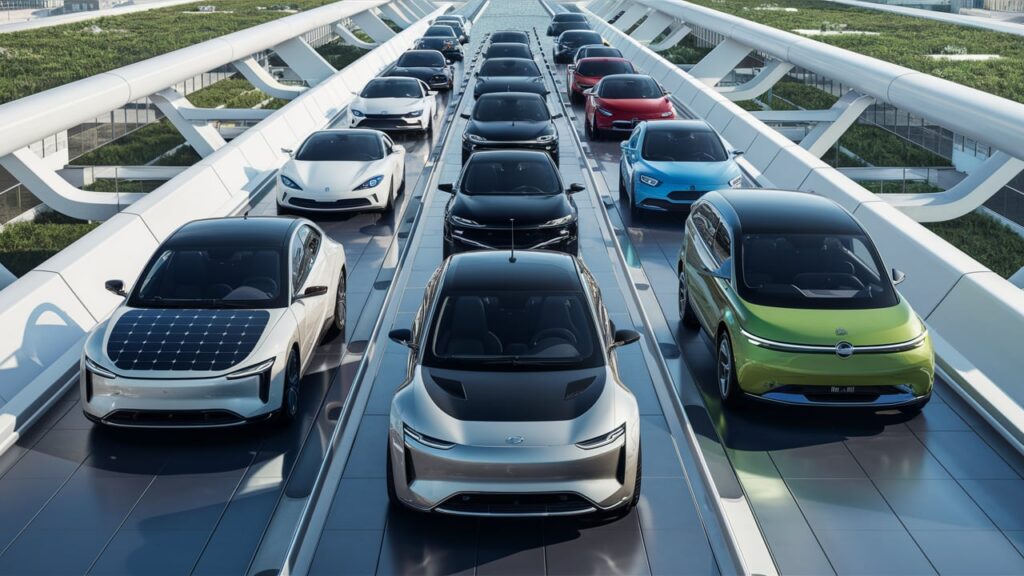
Introduction of Electric Vehicles
Hello, friends! Are you caught up with the buzz electric vehicles? Well, as more people join the EV revolution, it’s important to stay ahead of the curve. Whether you’re a potential buyer, an environmentally conscious individual, or simply a tech enthusiast, understanding the state and direction of electric power in the automotive industry can really empower your choices. So, buckle up as we dive into what makes EVs truly fascinating, right now and in the future.
Understanding Electric Vehicles

- What is an Electric Vehicle? An electric vehicle (EV) runs on electric power, entirely or partly. Instead of internal combustion engines traditional cars use, EVs rely on electric motors powered by electricity from batteries or a fuel cell. This basic difference is what sets EVs apart and offers an environmentally friendlier alternative to fossil fuel-driven vehicles.
- Types of Electric Vehicles
- Battery Electric Vehicles (BEVs): These are fully electric vehicles, like the Tesla Model S or the Nissan Leaf, with no gasoline engine. They run solely on the electric charge stored in batteries and require recharging using an external electrical source.
- Hybrid Electric Vehicles (HEVs): Combining a gasoline engine with an electric motor, HEVs like the Toyota Prius recharge their batteries through regenerative braking, without the need for external recharging.
- Plug-in Hybrid Electric Vehicles (PHEVs): These function like HEVs but with larger batteries that you can recharge by plugging into an external source. Think of models like the Chevrolet Volt.
Technological Advancements in EVs

The technology behind electric vehicles is ever-evolving, paving the way for groundbreaking enhancements and capabilities that pique the interest of tech enthusiasts and environmentalists alike.
- Battery TechnologyIndividuals often worry about the battery life, charging time, and range of EVs. However, technology is catching up fast. New breakthroughs in battery technology, such as solid-state batteries, offer higher energy density, enhanced safety, and longer life-span than traditional lithium-ion batteries.
- Autonomous DrivingMany electric vehicles are at the forefront of incorporating autonomous driving technologies. Imagine cars that not only drive themselves but are clean energy advocates as well! Companies like Tesla are constantly refining their Autopilot systems, pushing us closer to a future where cars can safely drive themselves.
Market Trends

Understanding market trends helps in predicting how prevalent EVs might become in the future.
- Growing AdoptionGlobally, the adoption of electric vehicles is growing. More and more countries are investing in EV technology and infrastructure, driven by governmental policies and subsidies to reduce greenhouse gas emissions.
- Shift in Consumer AttitudesIncreasing awareness of climate change and technological trust has shifted public perception. People now consider EVs not just as an alternative, but often as a preferred choice.
Economic Considerations

- Cost of Ownership Initially, purchasing an electric vehicle might seem pricey. However, when considering factors like government incentives, lower running costs, and fewer maintenance requirements, the total cost of ownership often balances out or even becomes favorable compared to traditional vehicles.
- Insurance and MaintenanceAnother point to ponder is the insurance and maintenance of EVs, which can be quite distinct from traditional cars. EVs generally have fewer moving parts, which might mean fewer breakdowns and a lower overall maintenance cost.
Environmental Impact

Finally, let’s talk about eco-friendly options.
- Reducing Carbon FootprintEVs offer a significant reduction in carbon dioxide emissions compared to traditional vehicles, especially when charged from renewable energy sources.
- Noise PollutionElectric vehicles are considerably quieter, which helps in reducing noise pollution—an added benefit for the environment and our well-being.
Conclusion
Electric vehicles are more than just a trend; they’re a key ingredient in the future of transportation. With evolving technology, increasing market acceptance, and compelling economic and environmental benefits, the wave of electric vehicles is set to grow larger and stronger. Whether you’re considering buying an EV soon or just curious about the technology, staying informed can help you navigate the landscape more confidently.
So, are you ready to join this exciting journey? Embrace the change, consider an EV for your next vehicle, and contribute to a greener, cleaner planet. Let’s drive the future together!
The Future of Electric Vehicles: Trends to Watch
EV Innovation: What’s Next for Electric Cars
How Electric Vehicles Are Shaping the Future of Transportation
Top Electric Vehicle Trends for 2024
Understanding the Future of Electric Vehicles

